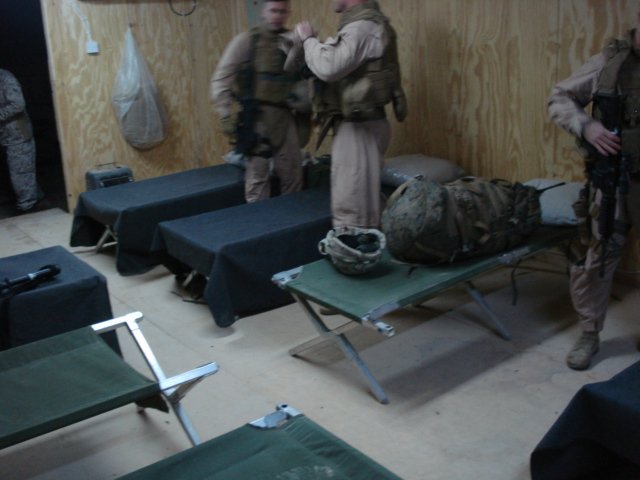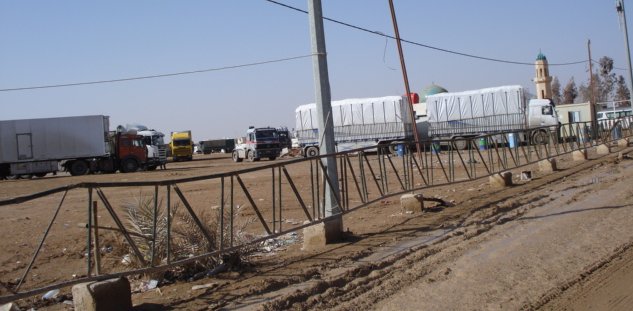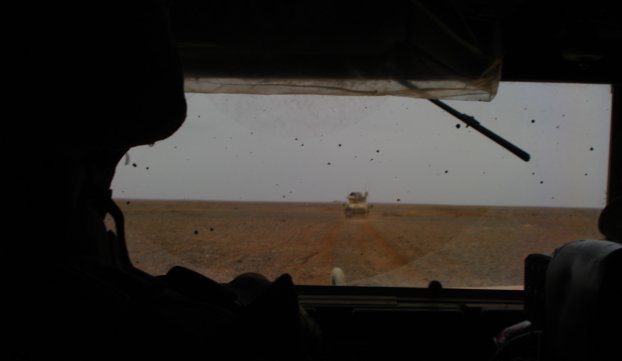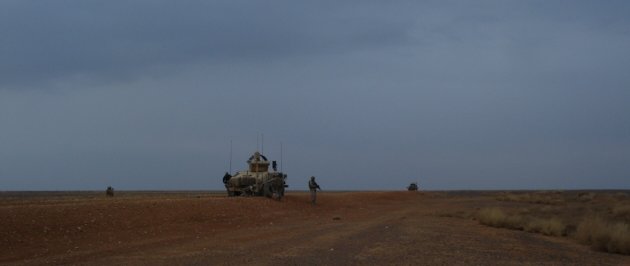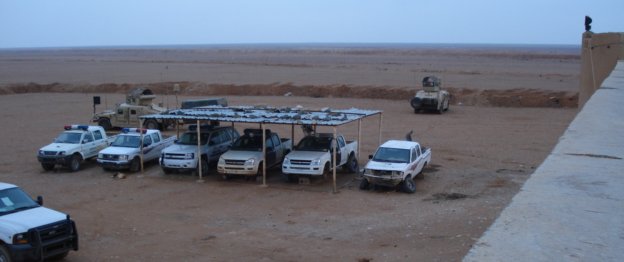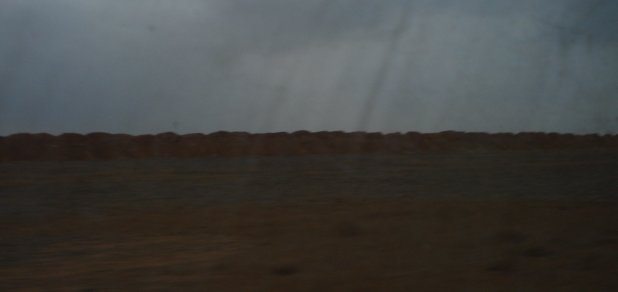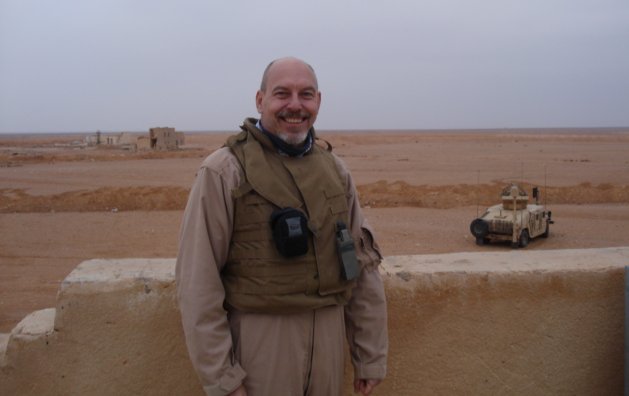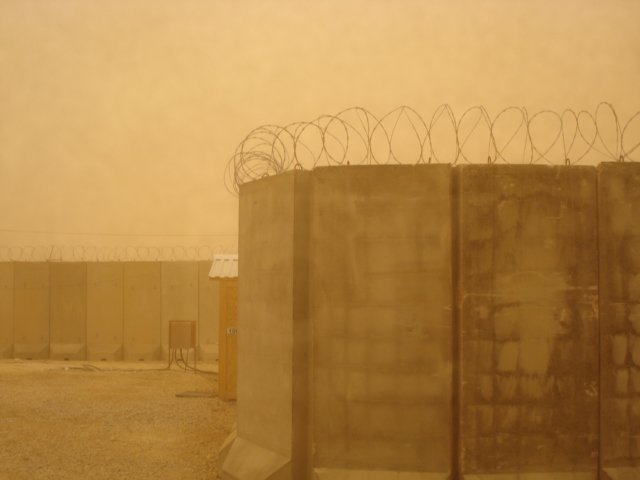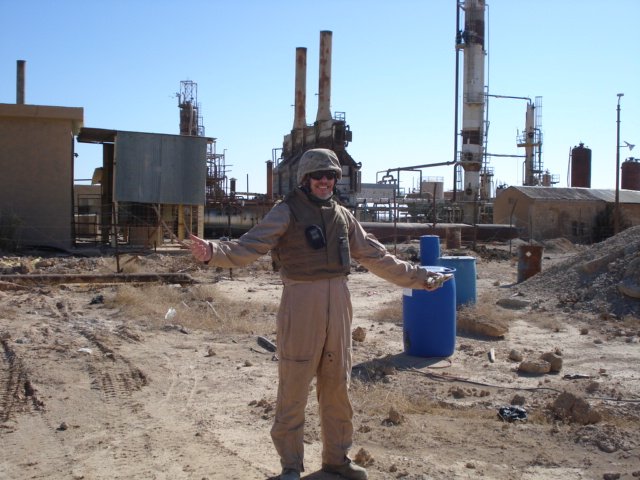Our significant task for the summer & fall will be to help Iraqis hold free & fair provincial elections. It is a narrow path for us to walk. The elections clearly belong to the Iraqis and it is important for them really to be theirs AND be perceived as theirs by all the world and the people of Iraq. On the other hand, we can provide experience as well as technical and security support that will make the elections fairer, safer and more generally more successful. We can easily help too much or too little. Actually I don’t think there is a Goldilocks “just right” solution. We will get criticized no matter what result and we just have to accept that we will get much of the blame and none of the credit and be ready for it to happen.
Preparations for the elections will begin in earnest on July 15. We still are not sure of the date of the elections themselves. They could be as early as October 1 or as late as December. There is a lot to do. The Iraqis do not have accurate census numbers for their local populations, so making accurate voting lists will be difficult. When you consider the significant trouble we Americans, with hundreds of years of experience, have with the practical job of holding election, you can imagine what the Iraqis are in for.
The people of Anbar are very enthusiastic about voting and I expect a big turnout. They largely boycotted the 2005 elections and they learned a valuable lesson about Democracy: non-participation doesn’t work. They will not make that mistake again.
The Anbaris have also come to believe in the power of the people to make changes. Their belief and enthusiasm is a refreshing antidote to the pessimism that says “these people” are not ready for democracy. They will get what democracy provides. In the words of Winston Churchill, “democracy is the worst form of government except all those other forms that have been tried from time to time.”
I prefer the first past the post form of elections, the one we have in the U.S. where every elected official represents a specific district and whoever gets the most votes wins. Our system, however, is considered old fashioned by much of the democratic world. The part most often criticized is what I consider the key to our stability and prosperity. Our winners take all approach forces compromise. A group that wins less than a plurality of the votes has only one right. They can try to get more votes next time. That means they have to change their platform to appeal to more people or give up.
Making elections proportional (e.g. 10% of the opinion gets around 10% of the authority) is in theory a fairer way to go, but it has often been the road to ruin when candidates win by a plurality that is significantly a majority (50 %+) of the votes. Adolph Hitler and Salvador Allende, among others, were elected by only about a third of the voters, for example. Extremists can often fool some of the people all of the time, but they have a harder time fooling a majority. A U.S. style system excludes them. Proportional representation gets their foot in the door. But I am being old fashioned. “Our” system tends to predominate in Britain and former British colonies. Other places not so much.
The Iraqi election system resembles those of continental Europe or Latin America. I suppose that is a necessary component in a country as diverse as this one. It has some complications designed to make it “fairer”. Let me explain it as simply as I can.
A province gets twenty-five delegates for the first 500,000 people and then one additional for each 200,000 people over that number. This is an advantage to Anbar, with a relatively low population, since it gets a little extra representation. You could say it is like our system in the respect that if favors the small. Wyoming has a population of around 515,000. It has two senators and so does California with a population of almost 37,000,000.
Anbar has a population of around 1.3 million, so it will get 29 seats. All members are “at large” i.e. they do not represent a particular distraction. Candidates run both as individuals and as party members. This is how it works in an easy math example.
Stipulate that there are 100 voters and ten seats available. The election commission determines that a candidate needs 10 votes to win a seat. Anybody who individually wins 10 votes wins a seat. But some candidate might win 20 votes. His “extra” votes are transferred to his party to bring up the total of another of his party’s candidates. They has a similar system in Brazil when I was there for my first post. It enhances the power of political parties over candidates and one very popular candidate can pull up a lot of marginal ones, so you don’t always know who you are voting for, but it sort of works.
We are not quite done yet. There is a proposal that at least 25% of the representatives be women. In this case, the election commission would determine the number needed and then replace the lowest winning males with the highest losing females until they got the numbers they wanted.
Complicated as this all seems, it looks like it will produce an outcome that at least will approximate “consent of the governed”. Nevertheless, a great deal of uncertainty remains. Working in this ambiguous situation will be tough, but I guess that is why we get those big bucks.
I think we all are honored by the opportunity to see and be a small part of democracy at work in the Middle East.


